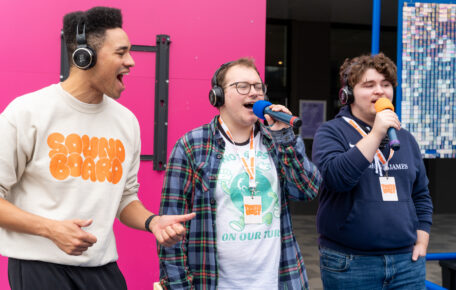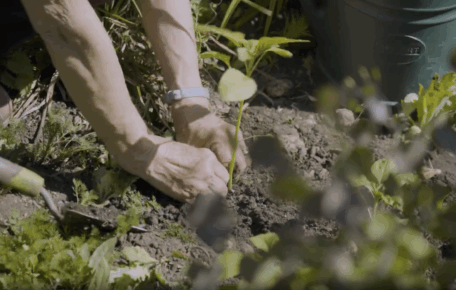
2026: Ideas We Hope Stick
As we head into a new year, we’ve been thinking about 2026. Not in a crystal-ball kind of way, but in a practical, roll-your-sleeves-up kind of way. These are some* of our wishes for 2026.
In this 3–4 minute read, we celebrate the Prescribing Change conference, share key insights on youth-led social prescribing in Lincolnshire, and outline how you can help shape the next phase of creative health initiatives.
On Thursday 16th October, Lincoln Arts Centre buzzed with energy and shared purpose as we welcomed health professionals, practitioners, artists, academics, third-sector colleagues, and young people to Prescribing Change: a day-long event exploring what a new model of social prescribing for young people in Lincolnshire could look like.
It was a day of recommitment to the power of creativity to create happier lives.
The day began with David Brownlee from Data Culture Change setting the scene through Lincolnshire’s wellbeing data, grounding us in the real picture of people’s mental health and the urgent gaps that need to be filled.
Our panel conversation got straight to the heart of the matter: why do young people so often fall through the cracks? The discussion was honest, challenging, and full of real-world insight about how services, schools, and the arts can work better together to make sure no one is left behind.
We were also reminded of creativity’s power to shift perspectives. Zest’s Sound Board invited the audience into a playful, improvised exchange about listening, honesty, and emotional connection, while Linden Dance’s CAGED closed the day with a raw and physical expression of confinement and release a perfect metaphor for what it means to seek freedom in wellbeing.
During our “Potential Solutions” session, one message stood out clearly:
There’s an opportunity here to put artists and young people at the heart of creating happier lives and we need to act urgently as the health system alone cannot meet the rising demand for mental health support.
Together, we began shaping what could become a new approach to social prescribing for young people in Lincolnshire.
This model would pilot a youth-led initiative bringing together the University of Lincoln, Zest, cultural organisations, health professionals, and local authorities to co-create and embed sustainable creative health pathways for 13–26-year-olds.
It will combine research, creative collaboration, co-creation, delivery, evaluation, and national dissemination, with long-term aims of system change, NHS and local authority investment, and replicable frameworks that retain local nuance.
The pilot programme will deliver:
But this conference wasn’t the end of the conversation — it was the start of something.
What Happens Next
The morning after the conference, the core team came back together – fuelled by caffeine and fresh enthusiasm – to review your feedback, post-it notes, provocations, and the commitments that filled our perspex wall of ideas.
What emerged was clear: there’s a collective will to act. But this will take time and that’s a good thing. It means rigour. It means making sure what we co-design is rooted in evidence, partnership, and lived experience.
Over the coming months, our focus will be on turning the learning from Prescribing Change into a workable, fundable model. That means:
There’s still a way to go. We’ll need to secure investment to make this vision a reality but the foundations are strong, and the momentum from the day is too important to lose.
If you were part of Prescribing Change and want to stay connected, collaborate, or support the next phase, we’d love to hear from you. Let’s keep the momentum going, and together, create new pathways for young people’s wellbeing across Lincolnshire.
Get Involved
📧 Email BAnderson@lincoln.ac.uk with the subject line SOCIAL PRESCRIBING.
(There may be a short delay in response, but every message will be logged and flagged.)
🗓️ We’re working towards a completed proposal by November 2025.
Young People Mental Health Data (England) kindly provided by Data Culture Change.

Highlighting the power of community within Lincoln.

Dance, swordplay, and cutting-edge digital projections come together to tell the story of a lone female swordfighter navigating honour, resilience and survival in a male dominated world.
Stay in touch by signing up to our mailing list
Enter your details below to subscribe to our newsletter and receive exclusive offers, event announcements, projects and news